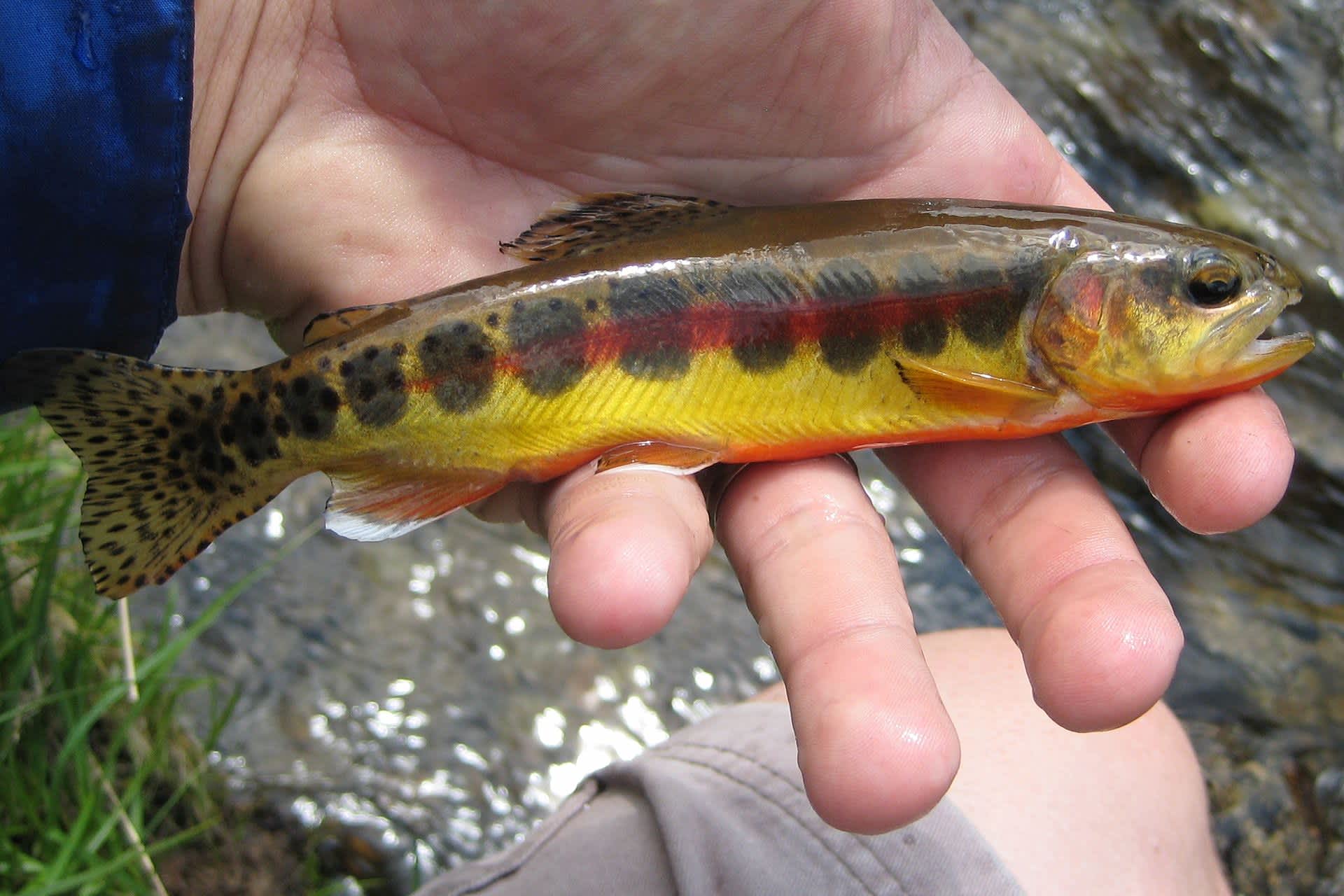California Officials Install Water Coolers to Aid Heat-weary Fish
OutdoorHub Reporters 10.08.14

As California’s waters continue to dry up in the state’s record-breaking drought, construction is underway to build water coolers to aid vulnerable fish species. These giant devices are already being installed in facilities like Rancho Cordova’s Nimbus Fish Hatchery, the Livingston Stone National Fish Hatchery, and the America River Hatchery just east of Sacramento. Officials hope that the coolers will alleviate the strain from abnormally high water temperatures, which can be fatal to fish like trout and salmon.
The problem is that like elsewhere across the state, hatchery managers are having a hard time protecting their water supply from evaporation. Shallow waters are easier to warm, and even a few degrees can be uncomfortable for coldwater fish accustomed to a steady 50 or 60 degrees.
“So as the reservoir drops, there’s less of a coldwater pool lower down in the reservoir, and so the reservoir becomes warmer,” Gary Novak, manager of the Nimbus hatchery, told CBS 13.
These massive coolers are already being used in some hatcheries, where the state’s Department of Fish and Wildlife (DFW) transported hundreds of thousands of Coho salmon retrieved from drying streams and rivers. The unprecedented fish rescue operation took place early this summer, during which volunteers and DFW staff swarmed the state’s waterways with buckets and nets hoping to catch as many young salmon as possible.
“In a drought year like this, fish are going to die. We can’t have thousands and millions of dead fish washed up on the streams. We just can’t.” DFW biologist Gary Curtis told ABC News earlier this year.
Even hatcheries were susceptible to the heat. The Associated Press reported that more than 2 million fish were transported from vulnerable hatcheries to cooler ones. Wildlife officials are even considering removing fish eggs from the wild to cooler-equipped hatcheries to ensure their survival, at least until they can be released back into the rivers later this year.

